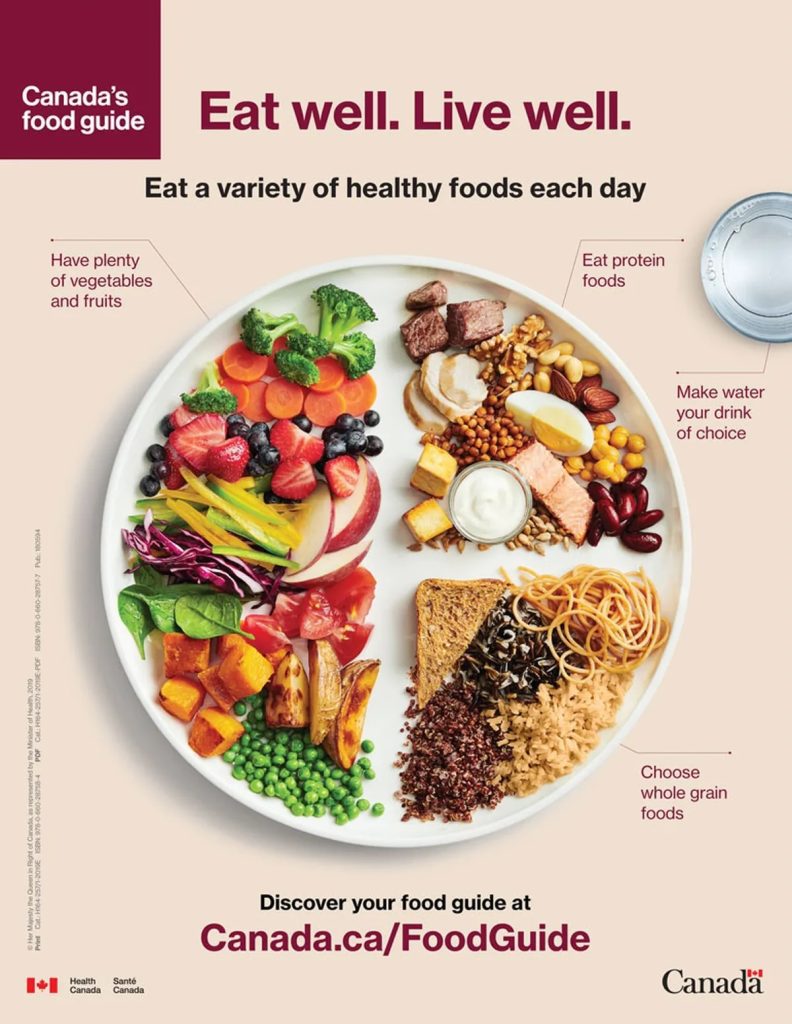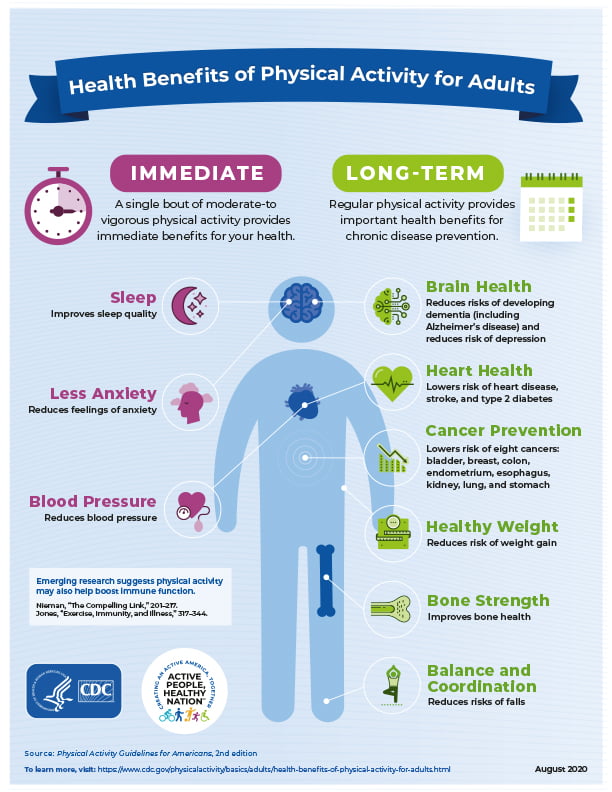Ever wondered if you could maintain a healthy lifestyle by solely consuming fruits and vegetables? Well, let’s dive into the intriguing question: “Can I Stay Healthy Living on Fruits and Vegetables Only?” We often hear about the importance of a balanced diet, but is it possible to get all the necessary nutrients from plant-based foods? In this article, we’ll explore the benefits and potential challenges of adopting a fruit and vegetable-centric diet while uncovering the truth behind this health trend.
When it comes to nutrition, fruits and vegetables are undoubtedly packed with essential vitamins, minerals, and antioxidants. They provide a wide range of nutrients that support overall well-being and help prevent chronic diseases. From the vibrant colors of berries to the leafy greens, nature offers us a plethora of options to nourish our bodies. However, it’s important to understand the potential limitations of a diet solely based on fruits and vegetables. While these foods are nutrient-dense, they may not provide all the macronutrients and micronutrients required for optimal health. So, let’s take a closer look at the benefits and considerations of a fruit and vegetable-focused lifestyle.
Living on fruits and vegetables alone can provide many health benefits, but it’s important to ensure a well-rounded diet to meet all your nutritional needs. Fruits and vegetables are rich in vitamins, minerals, and fiber, which are essential for a healthy lifestyle. However, they may not provide enough protein, healthy fats, and other essential nutrients. To maintain optimal health, it’s recommended to include a variety of foods in your diet, such as whole grains, legumes, lean proteins, and healthy fats. Remember, balance is key to staying healthy!
:format(webp)/cloudfront-us-east-1.images.arcpublishing.com/tgam/7MAPK2VW3BBPTA5MBXZ3U6YJVA.jpg)
Can I Stay Healthy Living on Fruits and Vegetables Only?
Living on a diet solely composed of fruits and vegetables is a topic that has gained significant attention in recent years. Many people are curious about whether it is possible to maintain good health by consuming only plant-based foods. In this article, we will explore the benefits and challenges of a fruit and vegetable diet, and provide valuable insights into how to maintain a healthy lifestyle while following this dietary approach.
The Benefits of a Fruit and Vegetable Diet
A diet rich in fruits and vegetables offers numerous health benefits. These plant-based foods are packed with essential vitamins, minerals, and antioxidants that support overall well-being. Fruits and vegetables are low in calories and high in fiber, which can aid in weight management and promote a healthy digestive system. Additionally, they are a great source of hydration due to their high water content.
Including a variety of fruits and vegetables in your diet can also reduce the risk of chronic diseases such as heart disease, diabetes, and certain types of cancer. The natural compounds found in these foods have been shown to have anti-inflammatory and immune-boosting properties. Furthermore, a fruit and vegetable diet provides an abundance of phytochemicals, which are plant compounds that have been linked to improved health outcomes.
The Challenges of a Fruit and Vegetable Diet
While a fruit and vegetable diet can offer numerous health benefits, it is important to be aware of the potential challenges associated with this dietary approach. One major concern is the risk of nutrient deficiencies. Although fruits and vegetables are rich in many essential nutrients, they may not provide sufficient amounts of certain nutrients such as protein, vitamin B12, iron, and omega-3 fatty acids. It is crucial to ensure that these nutrients are adequately obtained through other sources or through careful meal planning and supplementation.
Another challenge is the potential for monotony in the diet. Without a wide variety of food options, it can be difficult to maintain interest and enjoyment in meals. This can lead to boredom and a higher likelihood of straying from the diet. It is essential to find creative ways to incorporate different fruits and vegetables into your meals and experiment with new recipes to keep your diet exciting and satisfying.
Tips for a Healthy Fruit and Vegetable Diet
If you decide to adopt a fruit and vegetable diet, there are several tips to help you maintain a healthy and balanced lifestyle.
1. Include a variety of fruits and vegetables: Aim to consume a diverse range of colors and types of fruits and vegetables to ensure you are getting a wide array of nutrients.
2. Ensure adequate protein intake: While fruits and vegetables are not significant sources of protein, it is important to include plant-based protein sources such as legumes, nuts, seeds, and whole grains in your diet.
3. Pay attention to portion sizes: Fruits and vegetables are low in calories, but it is still important to moderate portion sizes to maintain a healthy weight and prevent overconsumption.
4. Stay hydrated: Fruits and vegetables have high water content, but it is still important to drink enough water throughout the day to stay properly hydrated.
5. Consider nutrient supplementation: Consult with a healthcare professional to determine if you need to supplement certain nutrients that may be lacking in a fruit and vegetable diet.
In conclusion, living on a diet composed solely of fruits and vegetables can offer numerous health benefits, but it is important to be mindful of potential challenges and take steps to ensure a well-rounded and balanced approach. By incorporating a variety of plant-based foods, paying attention to nutrient intake, and following these tips, it is possible to maintain good health while living on a fruit and vegetable diet.
Key Takeaways:
- Eating a variety of fruits and vegetables can provide essential nutrients for a healthy lifestyle.
- Fruits and vegetables are rich in vitamins, minerals, and antioxidants that support overall well-being.
- However, it is important to include other food groups to ensure a balanced diet, including protein, grains, and healthy fats.
- Consulting with a healthcare professional or nutritionist is recommended before making significant dietary changes.
- Remember, a well-rounded diet with a variety of foods is key to maintaining good health.
Frequently Asked Questions
Question 1: Are fruits and vegetables alone sufficient for a healthy lifestyle?
While fruits and vegetables are incredibly nutritious and should be a significant part of any healthy diet, it is important to have a well-rounded approach to nutrition. While fruits and vegetables provide essential vitamins, minerals, and fiber, they may not provide all the necessary nutrients for optimal health. It is advisable to include other food groups such as whole grains, lean proteins, and healthy fats to ensure a balanced diet.
Additionally, certain nutrients like vitamin B12, which is primarily found in animal products, may be lacking in a plant-based diet. Therefore, it is crucial to carefully plan a fruit and vegetable-focused diet to ensure all nutrient requirements are met.
Question 2: Can I get enough protein from fruits and vegetables alone?
While fruits and vegetables do contain some protein, it may be challenging to meet your protein needs solely from plant-based sources. Animal products such as meat, fish, dairy, and eggs are typically higher in protein content and provide all essential amino acids. Plant-based protein sources like legumes, nuts, and seeds can be incorporated into a fruit and vegetable-centric diet to boost protein intake.
However, it is important to note that plant-based proteins may not be as readily absorbed or complete as animal-based proteins. To ensure you meet your protein requirements, it is advisable to include a variety of protein sources and, if necessary, consider incorporating supplements or consulting with a registered dietitian.
Question 3: How can I ensure I am getting all the necessary nutrients from a fruit and vegetable-based diet?
To ensure you are getting all the necessary nutrients from a fruit and vegetable-based diet, it is essential to focus on variety and balance. Include a wide range of fruits and vegetables of different colors to maximize nutrient intake. Additionally, incorporating other food groups like whole grains, lean proteins, and healthy fats will help provide a well-rounded nutrient profile.
Furthermore, it may be beneficial to consult with a registered dietitian to ensure your diet is meeting all your nutritional needs. They can provide personalized guidance and help create a meal plan that ensures you are getting all the necessary nutrients from your fruit and vegetable-based diet.
Question 4: Can a fruit and vegetable-based diet provide enough energy for physical activity?
A fruit and vegetable-based diet can provide sufficient energy for physical activity, especially when combined with other food groups. Fruits and vegetables contain carbohydrates, which are the body’s primary source of energy. However, it is important to include other sources of energy, such as whole grains and healthy fats, to ensure sustained energy levels.
Additionally, consuming enough calories to meet your individual energy needs is crucial for maintaining proper energy levels during physical activity. If you are engaging in intense or prolonged exercise, it may be necessary to adjust your fruit and vegetable-based diet to include more calorie-dense foods to meet your energy requirements.
Question 5: What are some potential challenges of a fruit and vegetable-only diet?
While a fruit and vegetable-only diet can be nutritious, it may present some challenges. One potential challenge is meeting all of your nutrient requirements, as certain essential nutrients may be lacking or limited in a fruit and vegetable-only diet. It is crucial to carefully plan your meals to ensure you are getting all the necessary nutrients.
Another challenge is ensuring you are consuming enough calories to meet your energy needs. Fruits and vegetables are generally low in calories, so it may require consuming larger quantities to meet your energy requirements, which can be challenging for some individuals.
:format(webp)/cloudfront-us-east-1.images.arcpublishing.com/tgam/AAPEMPX57BE45KOXIAE4RZIMXE.jpg)
This Would Happen To Your Body If You Only Ate Fruits And Vegetables
Final Thoughts: Can I Stay Healthy Living on Fruits and Vegetables Only?
After exploring the question of whether one can stay healthy by living on fruits and vegetables alone, it’s clear that incorporating a variety of nutrient-rich plant-based foods into your diet can contribute to overall health and well-being. While a diet solely consisting of fruits and vegetables may not provide all the essential nutrients your body needs, it can certainly be a beneficial component of a balanced eating plan.
It’s important to note that a diverse and balanced diet is key to obtaining all the necessary nutrients for optimal health. While fruits and vegetables are packed with vitamins, minerals, fiber, and antioxidants, other food groups such as whole grains, lean proteins, and healthy fats are also essential for a well-rounded diet. Incorporating a variety of plant-based foods alongside these other food groups can help ensure you’re meeting all your nutritional needs.
In conclusion, while living solely on fruits and vegetables may not be sustainable in the long run, incorporating them into your diet can be a healthy choice. Remember to prioritize variety and balance, and consult with a healthcare professional or registered dietitian to develop an individualized plan that meets your specific dietary needs. Stay healthy, stay vibrant, and enjoy the abundance of nature’s goodness!





